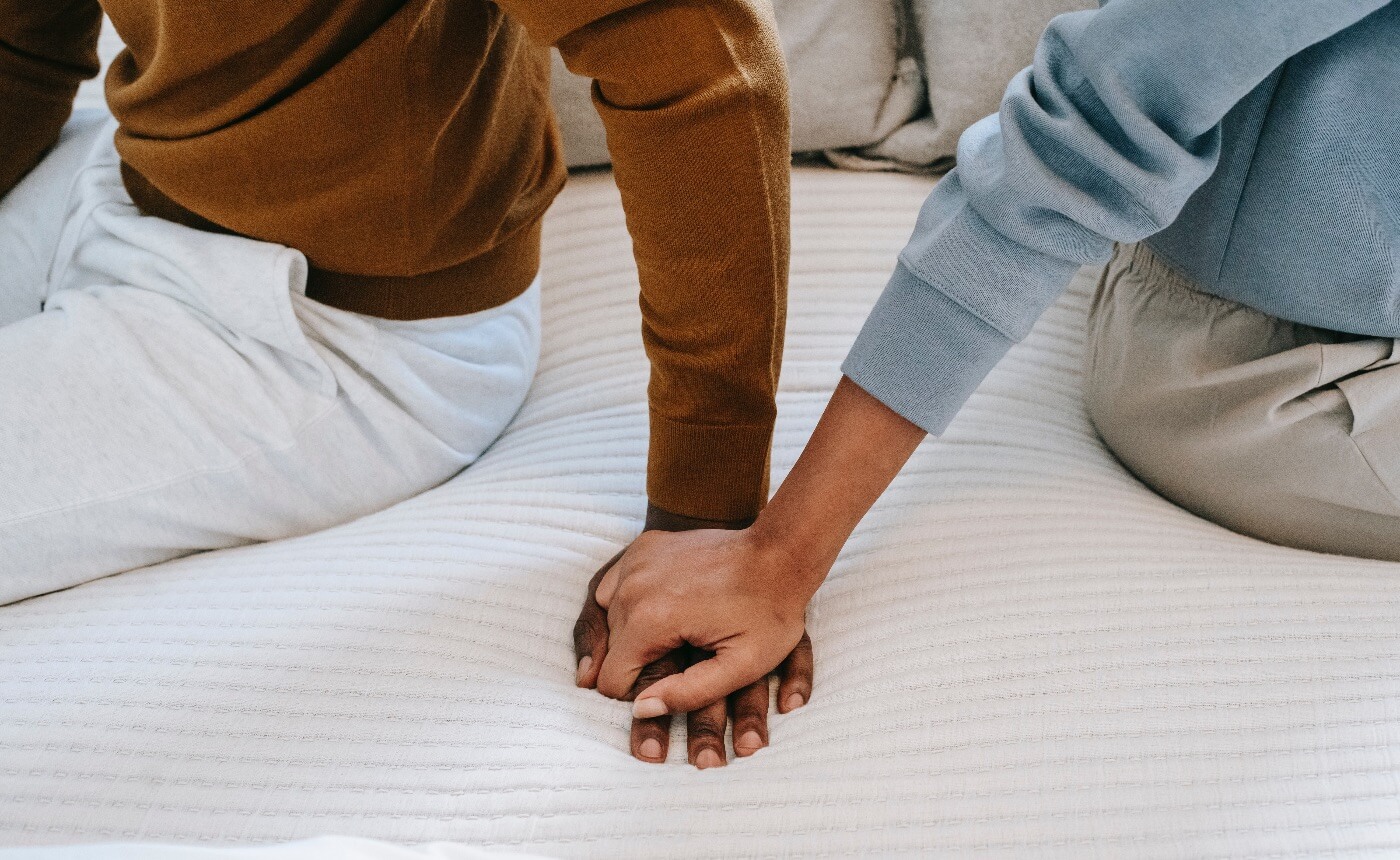When you have a physical disability, it is quite common for most of your energy and focus to go into that. However, it can often come at the sacrifice of your mental health.
I want to preface this piece by noting that there are many different types of disability, and even people who have the same disability will have differing symptoms and severity. So while we hope this piece helps, it will ultimately come down to individual needs and personal preference.
I have cystic fibrosis as well as anxiety, OCD and PTSD and I have personally found myself prioritising my CF because I have a long complicated medical routine, regular checks up and it’s the aspect of my health that is taken most seriously.
But this mind set has come at a cost. Until recently I had been ignoring my mental health until the point it became unbearable.
So here is a guide based on tips from myself and other disabled people on how to care for your mental health when you have a physical disability.
Rest
Allow yourself to take time off not only for your physical health but for your mental health too. When you place more importance on taking care of your mental health it will help give you the capacity and energy to care for your disability.
Punteha van Terheyden has severe endometriosis, and hip pain that seriously impacts her mobility. She notes the importance of rest and says: “I try to pace myself physically, and try to ‘allow’ myself time off for mental and physical respite. Pain is exhausting and brings me severe anxiety.”
Therapy
Reach out to someone and tell them you are struggling. Tell your GP or therapist what you are going through. Talking to someone can help you focus on your priorities and allow you to gain the skills to care for your mental health.
Medication
Medication can be really important In helping to manage your mental health, it is nothing to be ashamed of and can be very beneficial. They can help to manage your anxiety, reduce your depression and help you feel more motivated day to day.
van Terheyden says she has ditched the shame that she takes antidepressants and this really helped her.
Community
Talk to your friends and family, or anyone you trust. Let them know you are struggling. It is ok to ask for help.
You could even connect with people who have been through similar things to you, and who you can relate to. This may help you feel less alone in your experiences and people in those communities may have helpful advice to help you manage.
Activities
Focus on activities that you can manage without exacerbating your physical health, but that you know will help you feel less anxious, low or overwhelmed.
Jason Reed has had severe M.E most of his life which at times left him bed bound, and he also has Crohn’s disease. He notes the importance of self care and finding comfort where you can. Reed says: “Really indulge in the smaller things too, nice proper rest, comfort wherever you can find it such as film/book/music.”
Try to find something nice to watch or listen to whether that is TV, movies, music or podcasts. This can help distract your mind and be a form of temporary escapism. If you are able, activities like painting by numbers, crochet or jigsaws can be quite relaxing.
It’s not easy managing both physical and mental health together. Remember that however you choose to cope, you should feel proud of yourself.

